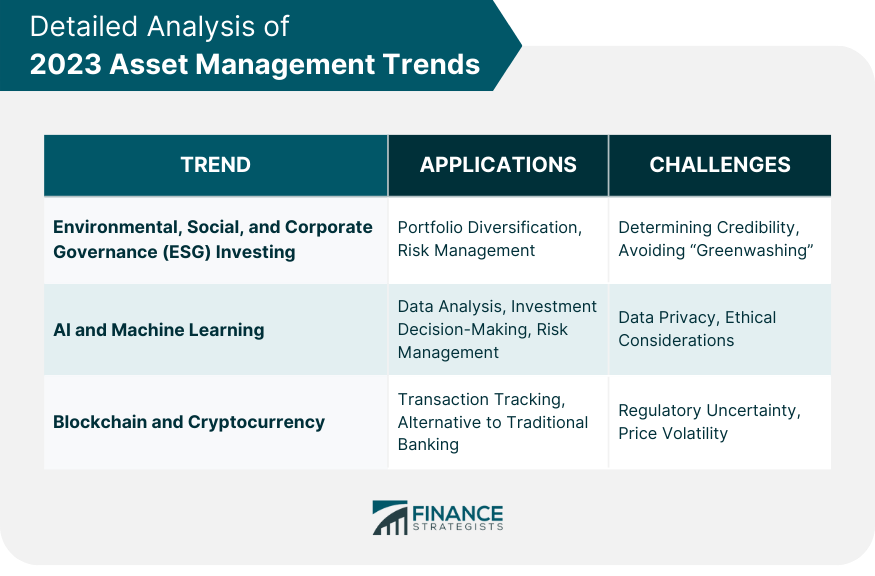
Significant 2023 Jury Verdicts and Decisions in Product Liability Cases Across the US.
Expanding General Personal Jurisdiction Threshold
The US Supreme Court’s ruling in Mallory v. Norfolk Southern Railway Co., 600 U. S. 122 (2023) has significant implications for establishing general personal jurisdiction. The Court held that companies can be sued in states where they have registered to do business and do substantial business even if the alleged injuries happened in other places. The ruling appears to expand the general personal jurisdiction threshold, raising concerns for corporate defendants. Before this ruling, the test for general personal jurisdiction was based on corporate affiliations being substantial enough to render them “essentially at home in the forum state.” This case now opens the doors to fights over the application of general personal jurisdiction. Illinois and Missouri have corporate registration statutes that do not act as consent to jurisdiction; thus, the Mallory case does not change jurisdiction law in those two states. However, Kansas’s statute is premised upon consent through registration; thus, the Mallory case does appear to foreclose future challenges to jurisdiction on due process grounds.
Ghost Guns and Regulations
The Garland v. Blackhawk Mfg. Group., Inc., hearing and the court’s decision to vacate a Texas federal court’s order that had exempted two distributors of “ghost guns” (i.e., firearms without serial numbers) from a federal rule that would require the weapons be made traceable has implications for companies to comply with the federal rule while its validity is taken up in the courts. The distributors, Defense Distributed and Blackhawk Manufacturing Group Inc., argued that they would be “irreparably harmed” if required to comply. In a different lawsuit, litigations are ongoing over an insurer denying coverage to a manufacturer accused of selling unfinished firearm frames enabling the building of ghost guns. These legal battles signal that legal issues surrounding ghost guns are only beginning.
Miscellaneous Product Liability Cases
Similac Infant Formula Multi-District Litigation
In the ongoing Similac infant formula Multi-District Litigation involving Illinois company Abbott Laboratories, economic claims of parents in the MDL were dismissed in May. In the MDL, parents brought a suit against Abbott, alleging that its baby formula caused a deadly illness in premature babies. The Court found that because the parents did not allege that all infant formulas made by Abbott were contaminated or what percentage was contaminated, there could be no argument of lost benefit of the bargain. However, the MDL case is still in progress.
Illegality Defense in Product Liability
There are implications for the application of Kansas’ illegality defense to bar plaintiffs’ product liability claims due to the underlying illegal conduct of a decedent in a wrongful death case. In Messerli v. Aw Distrib., Inc., the Court found that the illegality defense (in pari delicto) barred the claims where the decedent inhaled toxic vapors from computer duster canisters, which was also alleged in the complaint as a violation of Kansas law. This decision shows the impact of the illegality defense in Kansas and Missouri and how plaintiffs may be barred from making claims based on an underlying illegal act.
Failure to Warn Claims
In St. Charles, Missouri, a jury awarded more than $2.35 million to a plaintiff in a failure to warn claim for injuries due to an exploding battery within his vaping device. The plaintiff alleged that the battery was mislabeled, lacked a device to prevent it from overheating, and that the manufacturer failed to warn about the hazard. The defense had argued that the plaintiff failed to prove the battery caused the plaintiff’s injuries and failed to show evidence that the defendant was on notice of these issues.
Roundup Litigation
Monsanto has been involved in a series of favorable trial results this year in the Roundup litigation. In October, a St. Louis jury awarded $1.25 million to a plaintiff claiming that his non-Hodgkin’s lymphoma was caused by exposure to Monsanto’s Roundup herbicide. Monsanto claims that the product is safe. Expect an appeal of the case (John J. Durnell v. Monsanto Company, Case No. 1922-CC00221). Monsanto has been hit with other large verdicts across the country this year, including in Seattle, Philadelphia, and San Diego.
PFAS Action by the Environmental Protection Agency
Forever chemicals, also known as “PFAS” (polyfluoroalkyl substances), have been a hot topic this year. In January 2023, the Environmental Protection Agency proposed a ban on more than 300 PFAS. In March, the EPA proposed maximum levels for such chemicals in drinking water, and in August, the EPA proposed listing various PFAS as hazardous substances under the Resource Conservation and Recovery Act. However, recently the Sixth Circuit reversed class certification and ordered dismissal of the case of a statewide class of all 11.8 million people residing in the state of Ohio, who were alleged to have PFAS in their blood.
Product Liability Lawsuits Involving Tesla
In California this year, Tesla successfully defended itself in state court lawsuits alleging that its vehicles’ Autopilot technology malfunctioned and caused serious injuries to the plaintiffs. The juries found no manufacturing defect in the Tesla Models at issue. However, we can expect this Autopilot litigation to heat up in other jurisdictions across the country.
Conclusion
Product liability lawsuits in the USA have been on the rise and are expected to continue into 2024. The courts’ decisions will continue to impact the business world, and companies should be on the lookout for new regulations and legal requirements. This year’s legal docket offers plenty of cases as discussion topics, starting from the expanding personal jurisdiction threshold to illegality defense and PFAS regulations. Companies must ensure that they are always compliant with approved regulations and maintain good documentation practices to protect against product liability lawsuits.
Originally Post From https://www.lexology.com/library/detail.aspx?g=39afd799-acd9-403e-aabf-844b5730860b
Read more about this topic at
International Product Liability Review – Issue 66
Product Liability Review: A Compendium Of Recent …


